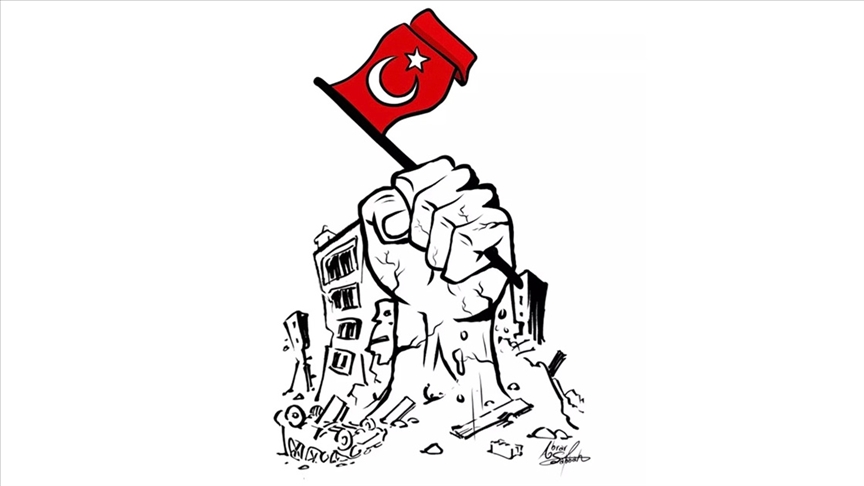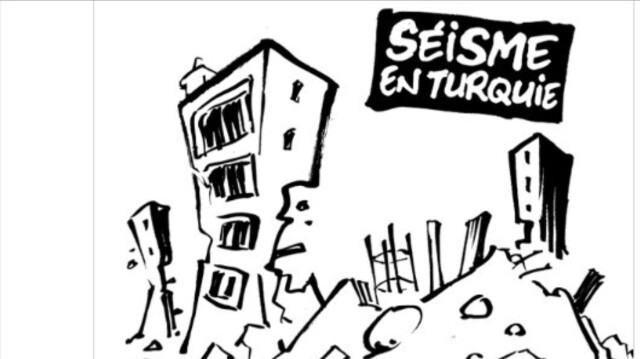After Taif, Prophet Muhammad (pbuh) returned back to Jirana where the prisoners and the goods captured were being kept. The number of prisoners, including women and children was around 6,000. Among the captured goods there were more than 24,000 camels, more than 40,000 sheep, and 4,000 silver coins. Prophet Muhammad (pbuh) ordered that those prisoners in need of clothing be dressed and he waited before distributing the captured goods. His intention was to return these goods to the people of Hawaz if they were to come to him as Muslims. However, when the delegation of Hawazin did not appear, some hypocrites and some Bedouins who had recently accepted Islam and who did not possess an Islamic consciousness put a great deal of pressure on Prophet Muhammad (pbuh) to immediately distribute the goods.
Prophet Muhammad (pbuh) reserved one-fifth of the goods as a bayt al-mal share, and then he distributed the rest of the captured goods among the people. After the conquest of Mecca, in order to bring the people closer to Islam, more shares were provided to some of the Quraishis who were referred to as muallafa-i qulub in the sources; that is they had asked for a grace period of four months before becoming Muslim. After the distribution of the captured goods, a delegation came from the Hawazin to say that they had become Muslims and to request that their prisoners and goods be returned to them. Prophet Muhammad (pbuh) he said that he had waited for them before distributing the goods, but that at this stage it would be difficult to fulfill their request; he then asked them to choose between their prisoners and their goods. When they chose the prisoners, Prophet Muhammad (pbuh) obtained the consent of his companions and fulfilled their request. Although some of the Bedouin Muslims refused to give up their prisoners, Prophet Muhammad (pbuh) persuaded them by promising them more shares from the next victory to be won. Meanwhile, as Prophet Muhammad (pbuh) had given more shares to the muallafa-i qulub, people began to think that he was favoring the Quraishis and even that he was going to forsake the Ansar and stay in Medina. Upon this, Prophet Muhammad (pbuh) brought together the Ansar and explained to them why he had given more shares to the muallafa-i qulub, underlining the virtues of the Ansar and saying that he would always be with them and pray for them and their children; the Ansar's regretted their thoughts, expressed their sorrow and agreed with the actions he had taken.
Prophet Muhammad (pbuh) stayed in Jirana for two weeks and after the distribution of the goods he went to Mecca to perform the pilgrimage (Umra, the lesser pilgrimage). After the Umra he returned to Medina. Prophet Muhammad (pbuh) ordered that Ummu Abdullah bint Abu Umayya take care of the households and goods of Malik ibn Awf, the commander of the Hawazin army who had had to flee to Taif after the defeat of Hunayn. He sent a message to Malik announcing that should he become Muslim, he would be returned his household and goods, and be granted 100 camels. Upon this, Malik ibn Awf came to Prophet Muhammad (pbuh) and accepted Islam, and those things that had been promised him were returned. Prophet Muhammad (pbuh) involved Malik ibn Awf with the muallafa-i qulub, assigning him as agent to his own tribe and to the tribes that resided in Taif and in the surrounding areas. Malik ibn Awf had a great influence on the arrival of the Saqifis in Medina in year 9 (631) and in their acceptance of Islam.
Subscribe to:
Post Comments (Atom)









No comments:
Post a Comment